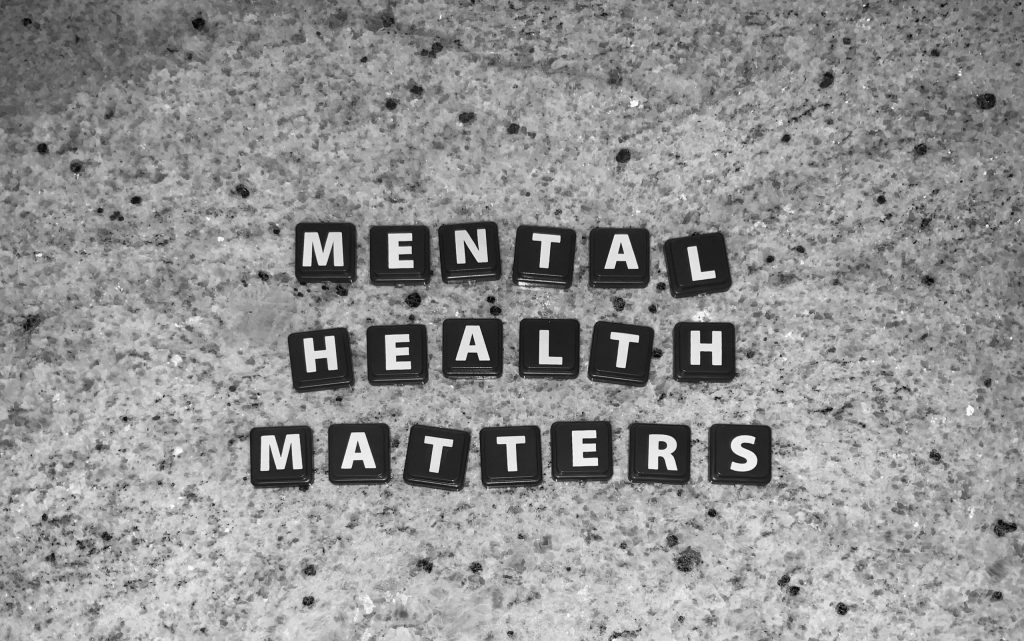By Gabrielle Howard
AFRO Intern
ghoward@afro.com
Being able to maintain mental health and knowing the potential signs of declining mental stability are imperative in the Black community. Keeping track of the well-being of loved ones is important, especially during a time when mental health is on the decline.
This week, the AFRO spoke with psychiatrists and mental health experts about the significance of maintaining mental health during the golden years and how to recognize the signs of declining mental health.

1. Change the narrative
Dr. Tedre Anderson-Brown, a respected psychiatrist in Durham, North Carolina, spoke with the AFRO about the Black community, mental wellness and the importance of changing harmful narratives.
“For a long time, we’ve learned that if you say something about [mental health], people will treat you differently,” expressed Brown. “We really have to change that narrative by being open and talking about mental wellness and how we can change that narrative.”
It’s hard to fix something when the solution is kept secret. Mental health resources are available outside of the doctor’s office these days, and help can often be found in places like churches, human resource departments, libraries, schools and recreation centers as a starting point.
2. Find a community- you’re not alone
Being a part of a community is a simple and safe way to improve mental health.
Participating in neighborhood activities and community events are one way to improve mental health. Kim Lily, a mental health specialist, says being engaged is a good way to be proactive about emotional and mental wellness.
Lily said it’s important for mental health advocates to “educate through various media platforms, involve community leaders and organizations and offer support groups.”
3. Be able to spot the signs
Going to the physical doctor to get a check-up is something that people don’t think twice about, the same should be applied when taking care of the brain.
“We go see the doctor at least once a year, so I recommend that same kind of preventative care of the brain, in terms of a mental health perspective,” said Dr. Brown. “Make sure that your memory is good and make sure that you have an assessment for stress, anxiety or depression.”
4. Have a routine and keep up with it
Having a routine is important and promotes structure and physical activity. It reduces stress and feelings of being overwhelmed by making tasks more manageable.
Routines make daily living feel more organized and under control as well as establish independence.
Having daily regimens gives older adults a sense of stability, activity, and social connection – all of which are protective factors against isolation and depression.
5. Know what good mental health looks like
There are various ways to take care of your mental health. Knowing what works for the individual is important. From hobbies, journaling, exercising, spending time with loved ones and more, find what positively impacts your mental health and stick with it!
Senior citizens should also be informed on mental health and what it looks like when someone is struggling emotionally or mentally. Things such as chronic illness, loss of loved ones or retirement can all affect mental health as one ages. Signs of depression, according to the National Institutes of Health, include but are not limited to feelings of helplessness, continuous sad or anxious moods, fatigue and irritability.
Good mental health provides resilience during new and sometimes difficult transitions in life. Even if you are in your senior years, it’s not too late to take control of your mental health today!
The post Five ways to fight depression in your senior years appeared first on AFRO American Newspapers.











